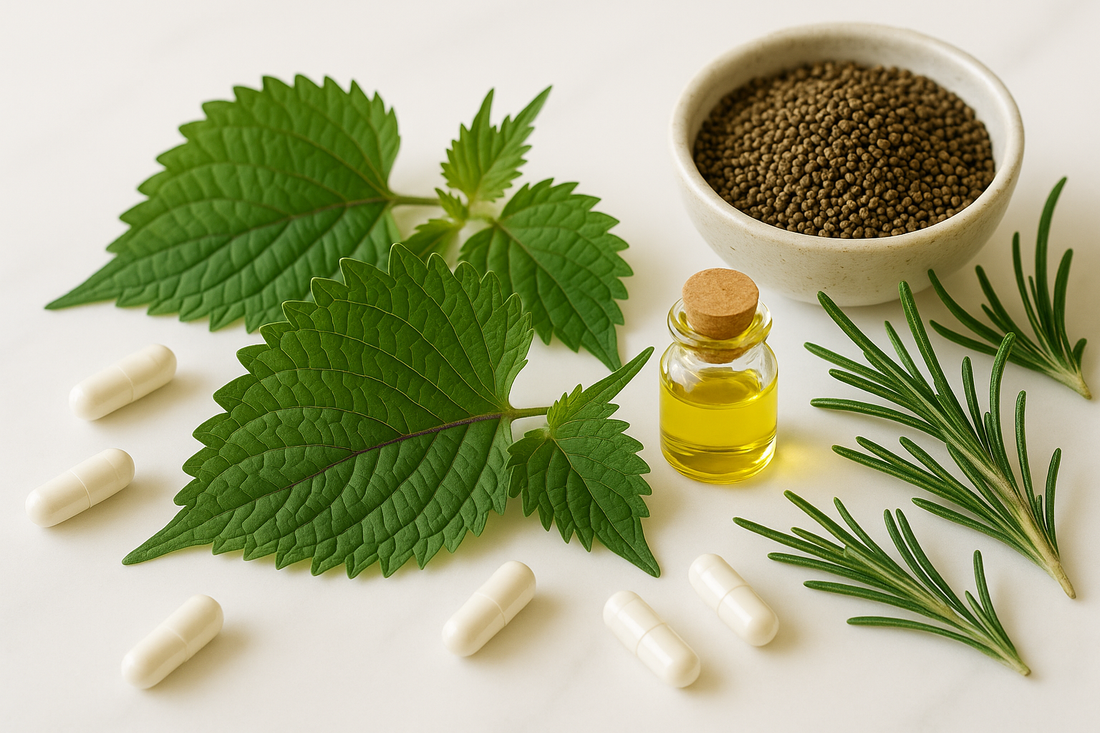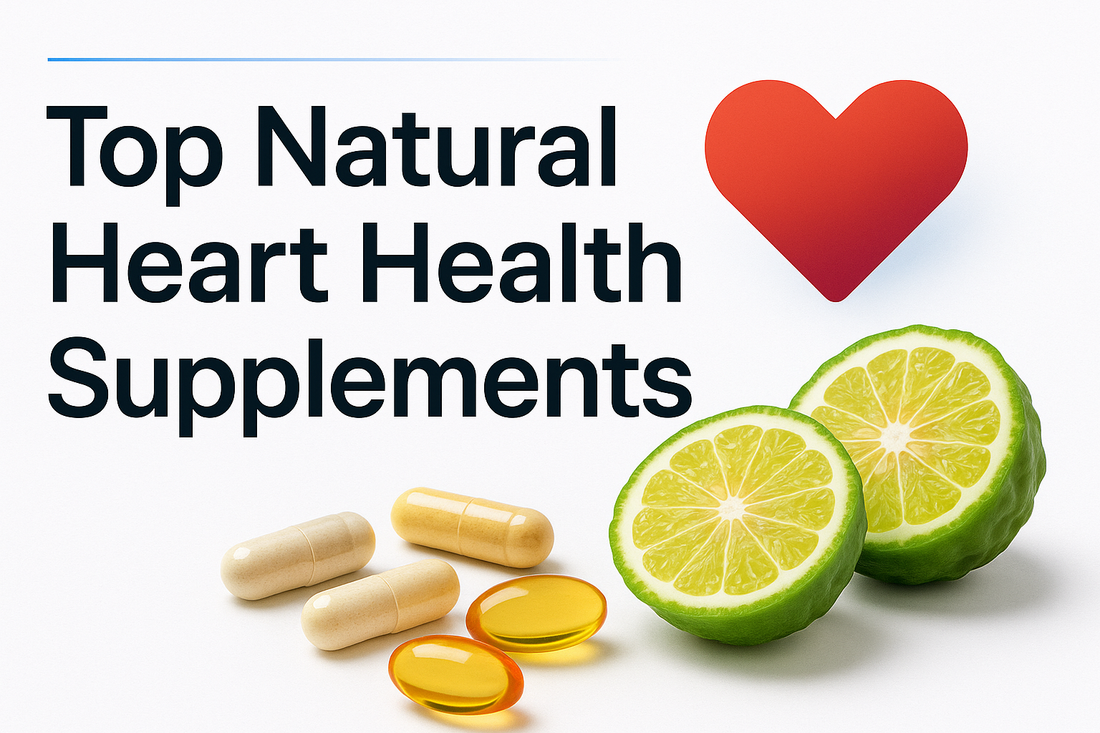Health
How Citrus Bergamot Supports a Healthy Heart and Healthy Weight
Can Citrus Bergamot support healthy weight management? This Italian citrus is studied for its role in cholesterol balance, metabolic wellness, and appetite regulation. Backed by clinical research, USDA Organic Citrus Bergamot offers plant-based support for both heart and metabolism — all in one supplement.
Learn moreSupporting Healthy Cholesterol Naturally with Citrus Bergamot
Citrus bergamot is a Mediterranean fruit studied for its unique polyphenols that help support healthy cholesterol levels already within the normal range. Learn how adding this supplement to your wellness routine may contribute to heart and vascular health.
Learn moreUnderstanding Chronic Inflammation and the Need for Natural Solutions
Chronic inflammation is at the root of numerous health concerns—from allergies to autoimmune conditions and even heart disease. If you’re exploring a natural inflammation support approach, rosmarinic acid and perilla seed are two compounds to know. Together, they offer a potent herbal anti-inflammatory solution backed by traditional use and modern research.
Learn moreHow Citrus Bergamot Capsules Can Help Lower LDL Levels
Discover how citrus bergamot capsules support natural cholesterol management and help lower LDL without statins. Explore its powerful heart health benefits.
Learn moreTop Natural Heart Health Supplements
Explore the best natural heart health supplements for cholesterol support, including citrus bergamot capsules and wild-caught fish eggs, both backed by science.
Learn moreBlack Seed Oil and Your Lungs
For centuries, black seed oil has been called the “magic seed of Egypt.” Found in ancient tombs and praised in Middle Eastern texts, this dark, peppery oil has long been used to ease coughs, chest tightness, and breathing troubles. Now, science is catching up—showing how this traditional remedy might support your lungs, reduce inflammation, and help you breathe easier every day.
Learn moreWhy Wild Caught Fish Eggs May Make You Feel Better—Faster
Looking for omega-3s that really work? Discover why wild-caught Hoki Roe fish egg supplements from New Zealand can beat ordinary fish oil. Packed with fast-absorbing phospholipid DHA, rare anti-inflammatory ETA, plus skin-loving squalene, these sustainable dried fish eggs help sharpen focus, soothe joints, and support glowing skin—without the fishy burps.
Learn more





